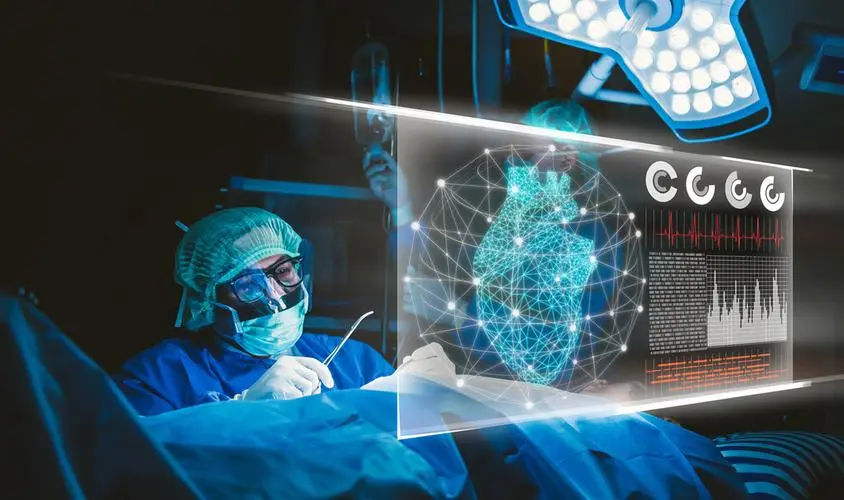AI redefines medical imaging
Do you still remember the moment when Google DeepMind AI defeated the ATARI game? It not only mastered the small tricks we tried as children, but also defeated the world’s top Go player Lee Sedol in the following years. Because Go requires a huge search space (unlike chess) and cannot be solved through simple algorithms, this victory marks a breakthrough for AI in truly learning intuition and humanoid intelligence.
In recent years, AI has gradually moved from laboratory research to practical applications, especially in the medical industry. Although current AI is far from reaching the level of “General Artificial Intelligence” (AGI), it has made significant progress in enhancing medical imaging diagnosis such as X-rays, MRI, and mobile ultrasound.
Through AI, the clarity and resolution of medical images have been significantly improved, and patients’ time in MRI machines has been shortened. This not only means that hospitals can provide scanning services for more patients, but also provides more accurate diagnostic basis for medical professionals. AI can identify subtle abnormalities that even professional doctors may overlook by training on massive data. Without completely replacing doctors, it plays an auxiliary and pre screening role, helping doctors make faster and more accurate diagnoses.
In addition, in order to better support the widespread application of AI, chip suppliers are constantly upgrading their products. Taking Intel’s Core processors as an example, the new generation processors are equipped with neural processing units (NPUs), greatly improving the energy efficiency and graphics processing performance of AI inference. Excitingly, through standardized computer modules (COM), such as COM Express Type6 modules, enterprises can easily implement new AI functions without changing existing designs, simply replacing modules.
Standard computer modules, such as conga-TC700 COM Express Compact, are an ideal platform for upgrading medical applications with the latest artificial intelligence capabilities.
AI excels at discovering patterns and anomalies that even professionals may overlook. Medical experts are often under a lot of pressure. Any technology that can accelerate diagnosis and focus attention on key points is extremely helpful.






